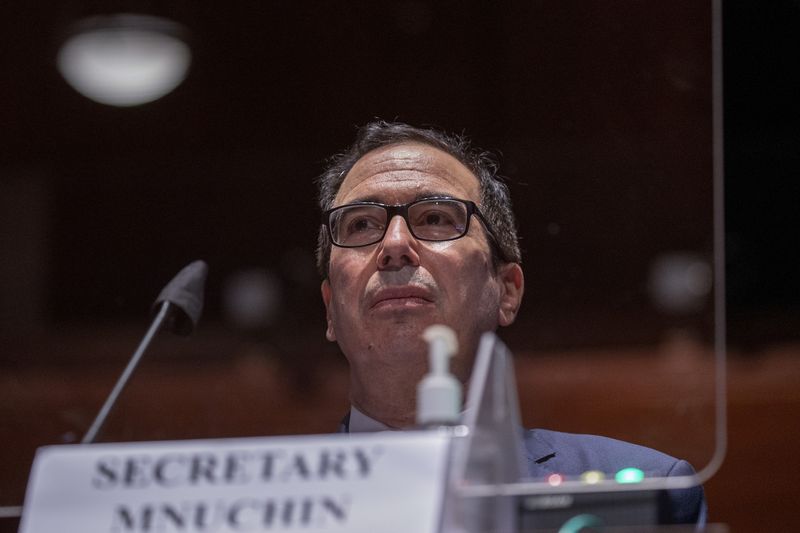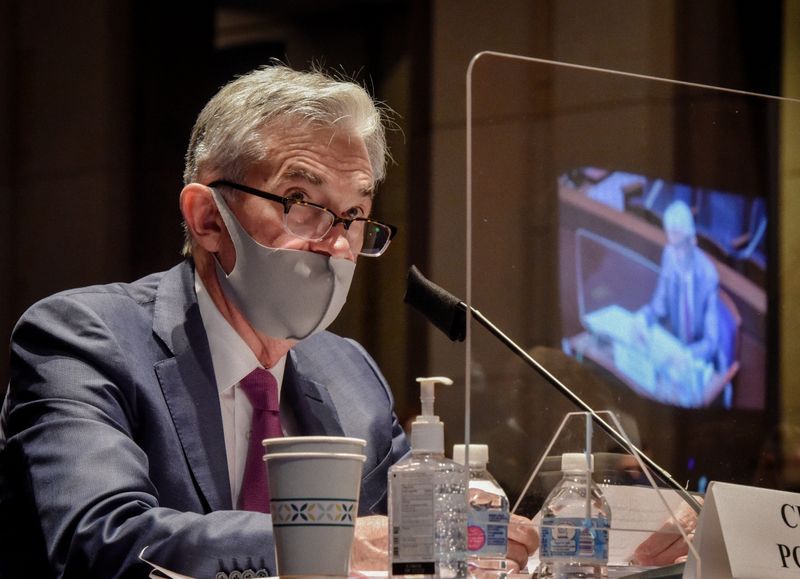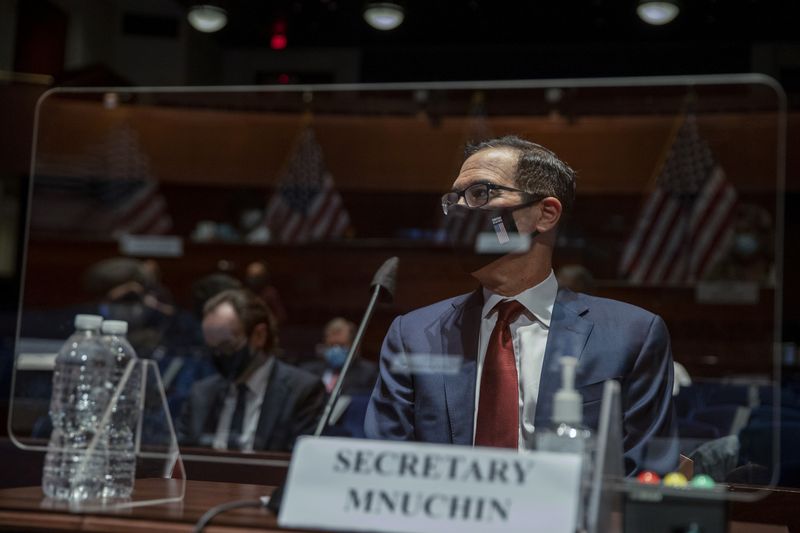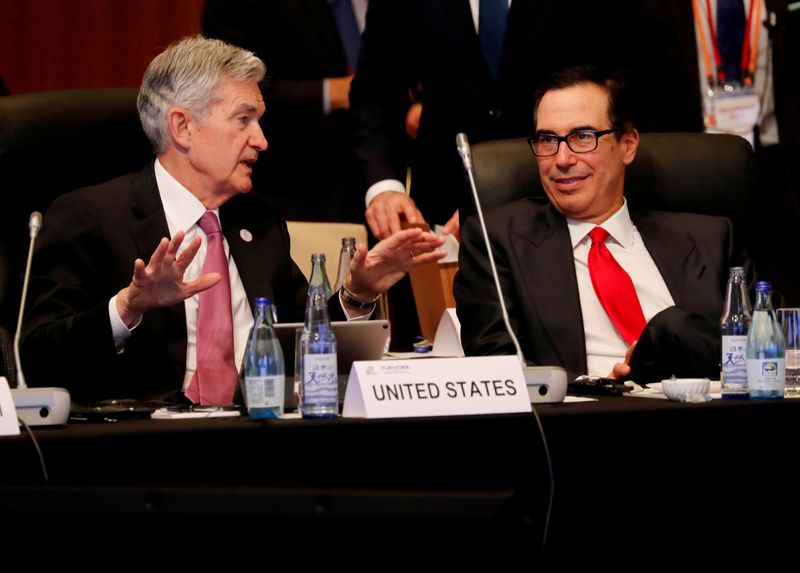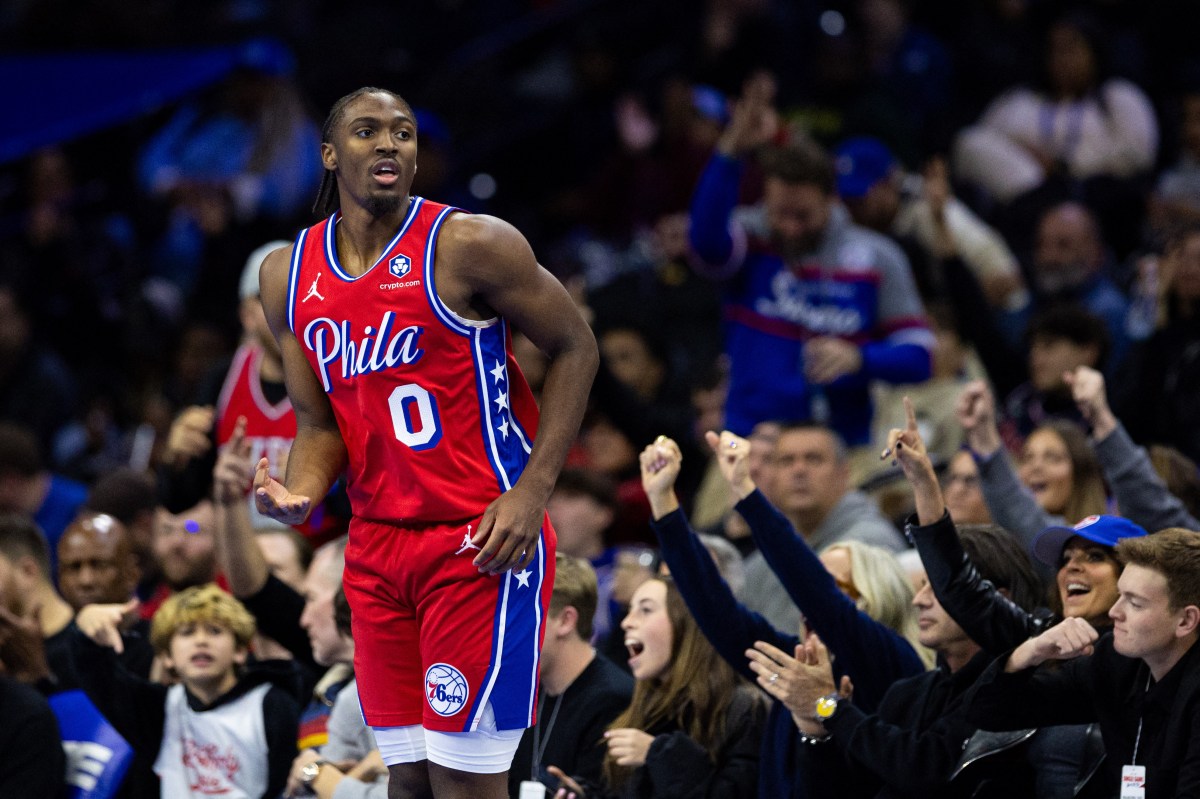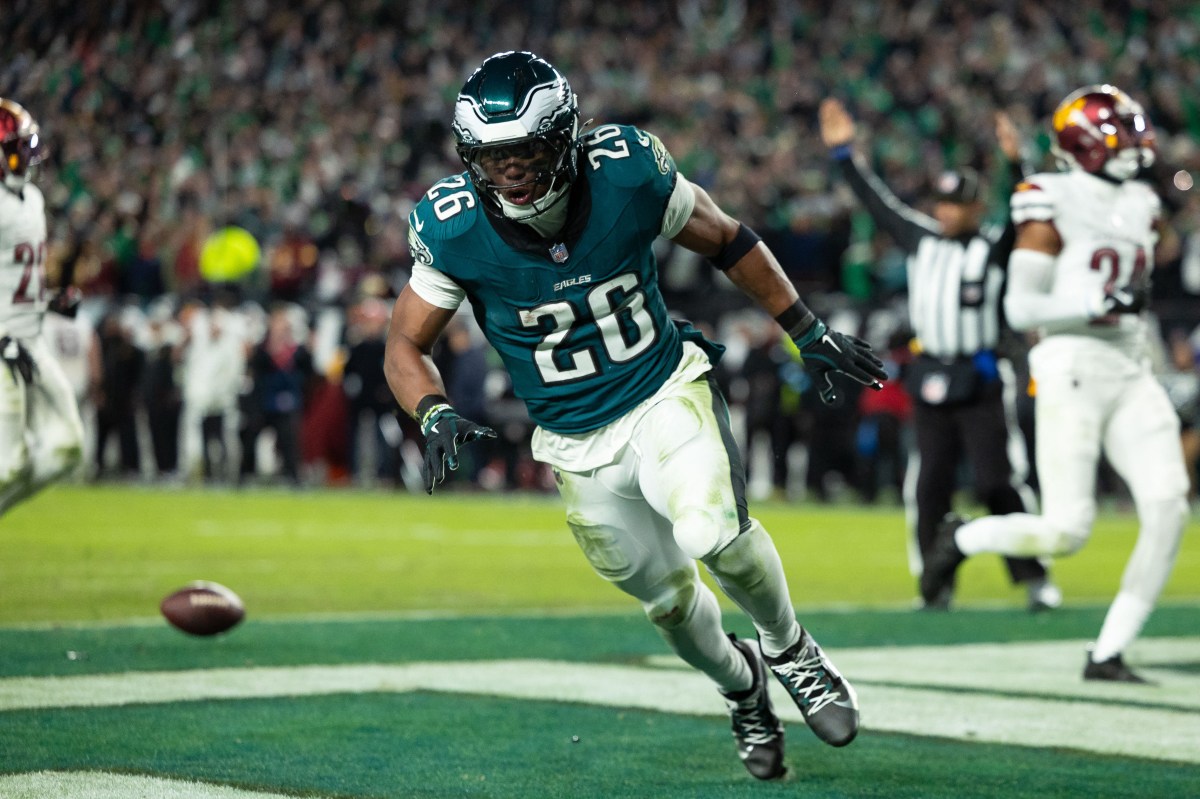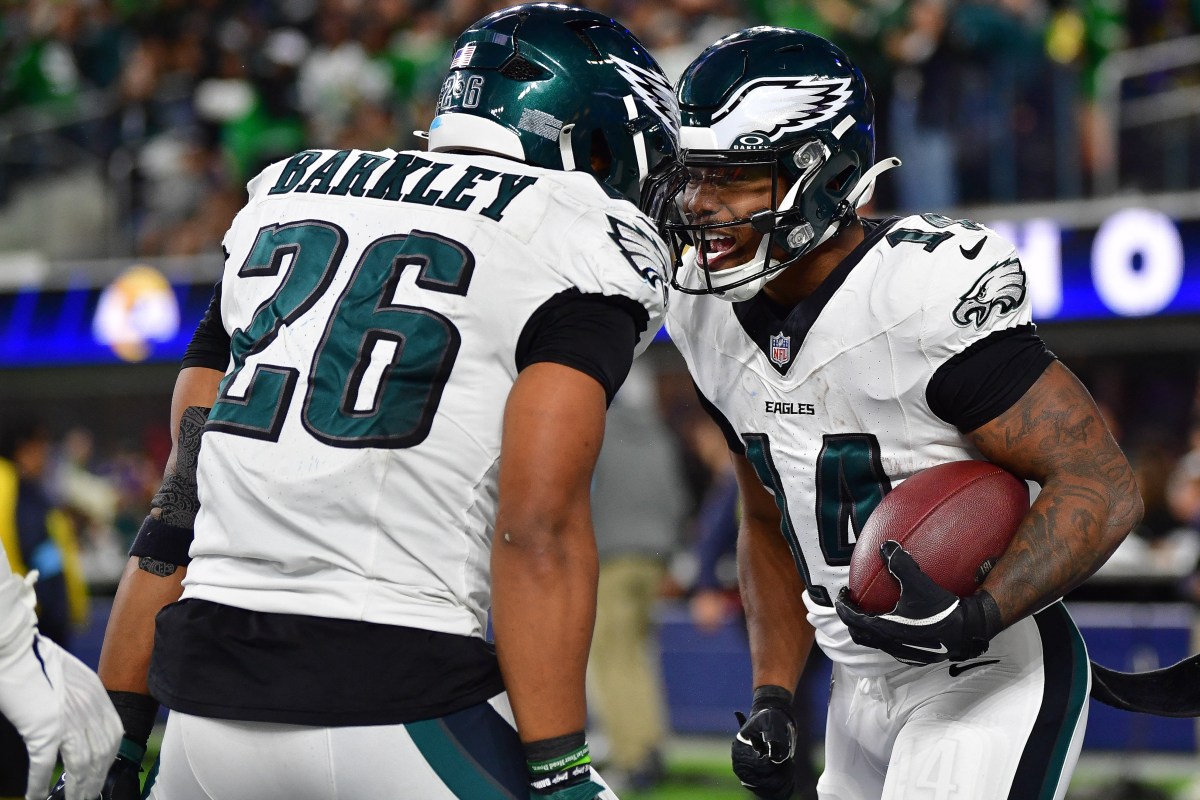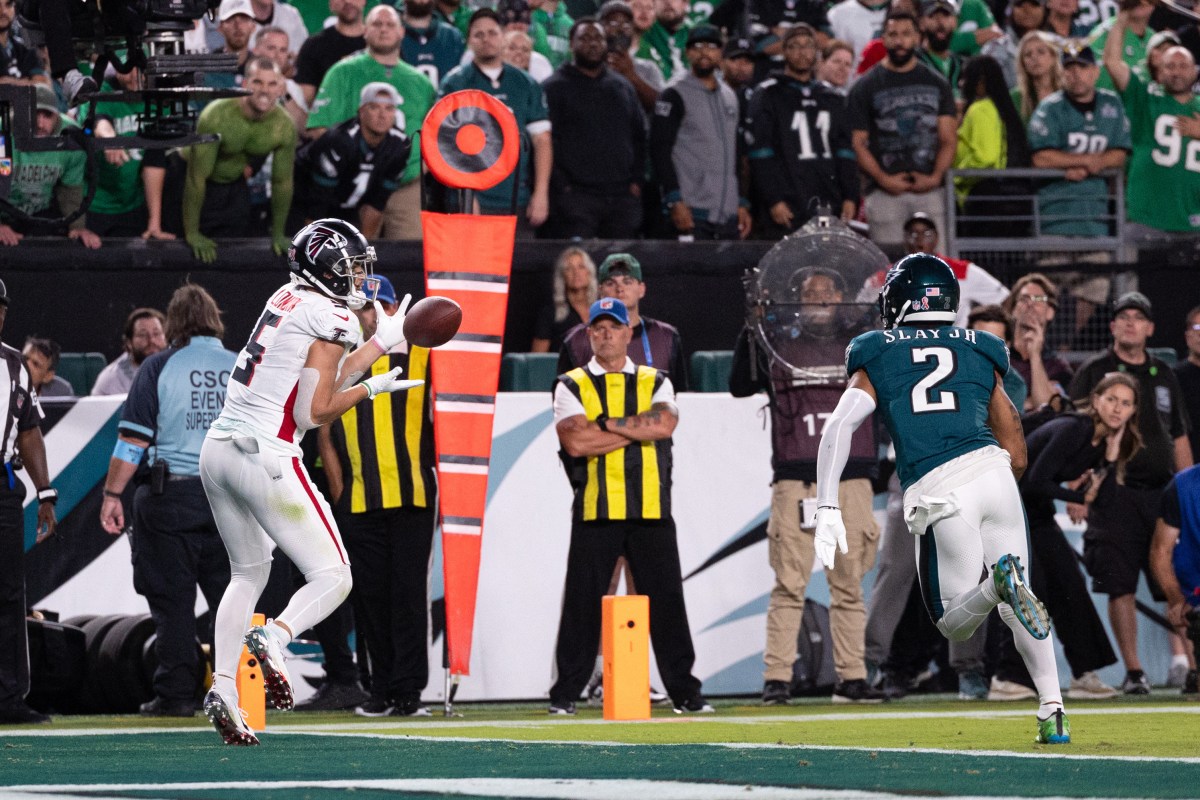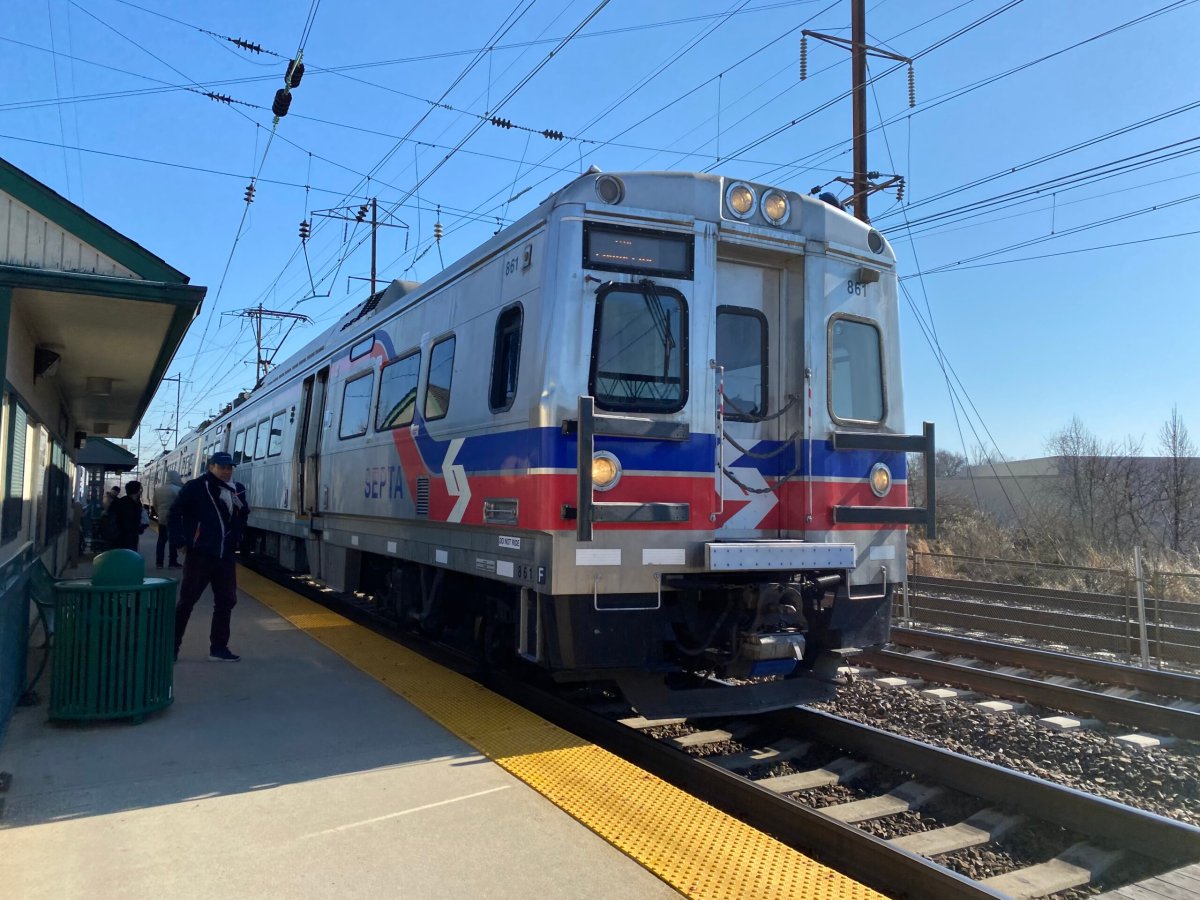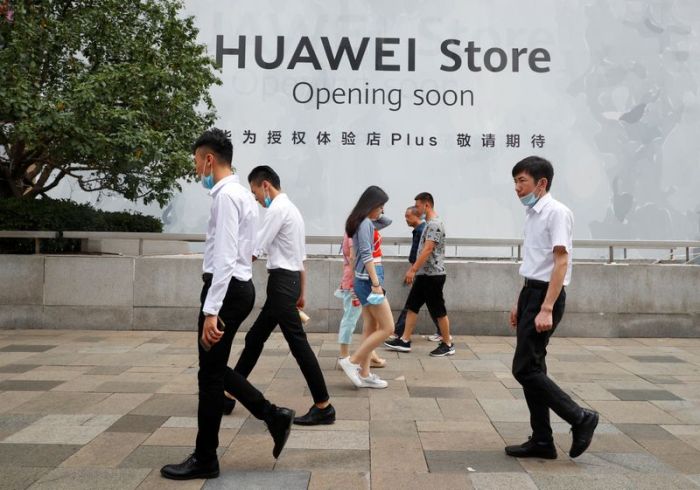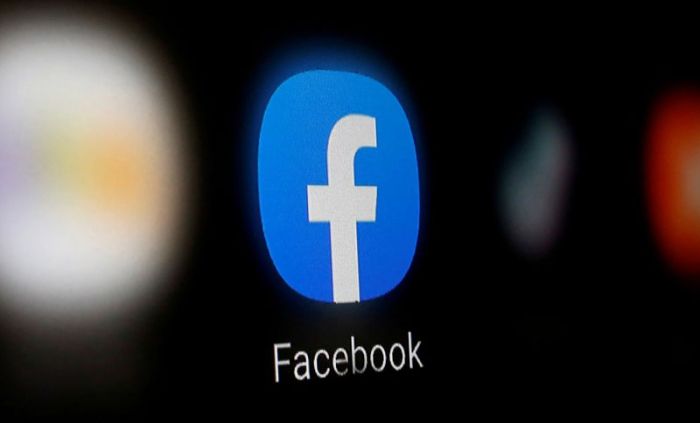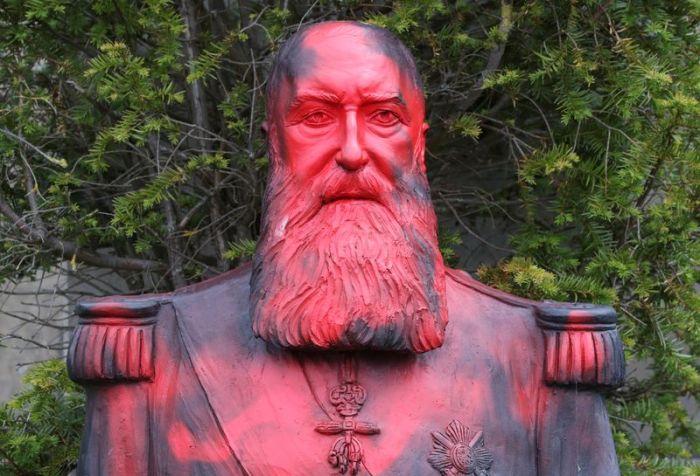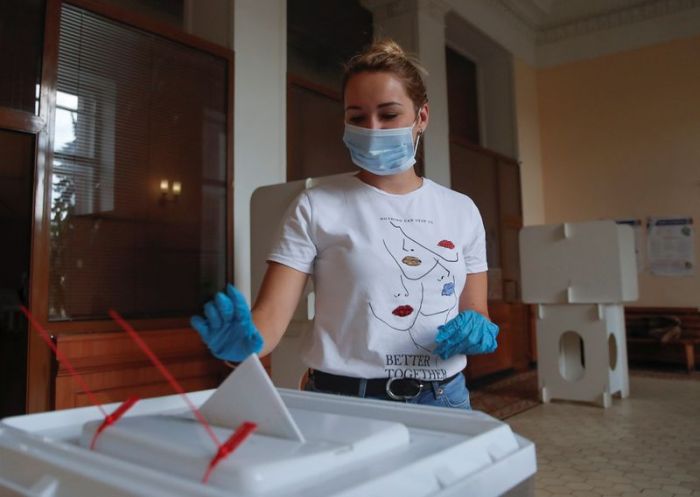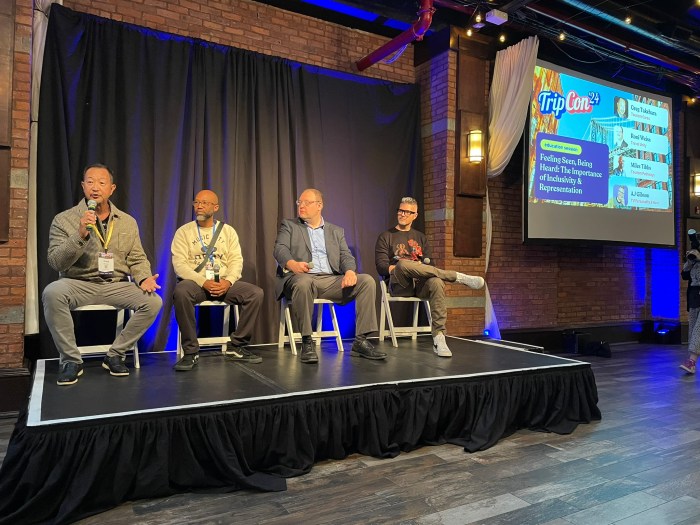WASHINGTON (Reuters) – Up to $140 billion in loans for small business could be refocused to support restaurants, hotels and other industries hit hardest by the coronavirus pandemic, U.S. Treasury Secretary Steven Mnuchin said on Tuesday.
Those funds, authorized under the $660 billion Paycheck Protection Program, are due to expire on Tuesday, when the Small Business Administration stops taking applications for the forgivable loans.
But Mnuchin said it appeared there was support among Democrats and Republicans to “repurpose” the money, perhaps by tailoring it to hotels, restaurants and other businesses most impacted by the social-distancing measures adopted to fight the spread of the novel coronavirus.
Mnuchin was testifying along with Federal Reserve Chair Jerome Powell before the U.S. House of Representatives Financial Services Committee about the U.S. fiscal and monetary response to the coronavirus crisis, including the nearly $3 trillion allocated by Congress to help businesses and individuals.
That response is reaching a critical point, with programs like PPP and enhanced unemployment benefits expiring in July – and perhaps depriving the economy of hundreds of billions of dollars in spending – even as coronavirus infections surge and tens of millions of Americans remain out of work.
“I see a brick wall at the end of July,” said Ed Perlmutter, a Democrat from Colorado, adding that local and state governments also face big budget shortfalls caused by lost tax revenue that could force them to lay off millions unless they get new funding.
Mnuchin said he is committed to continuing conversations on the topic with lawmakers from both sides of the aisle next month. He referred several times during the hearing to a “next” CARES act.
MASKS ON
The hearing took place against the backdrop of a surge in cases of COVID-19, the respiratory illness caused by the coronavirus. Infections more than doubled in at least 10 U.S. states, including Texas and Florida, in June, a Reuters tally showed.
The government’s top infectious disease control expert, Anthony Fauci said earlier Tuesday he was very concerned that the country is going “in the wrong direction.”
In prepared testimony released on Monday, Powell noted that the economic recovery had begun sooner than expected, but that output and employment are still far below pre-crisis levels, with the brunt of the pain borne by women and minorities.
A full recovery, he reiterated, is unlikely until people feel safe going out and about.
Asked what could happen in a renewed outbreak of the virus, Powell was blunt: it “could force governments and force people to withdraw again from economic activity, and I think the worst part of it would be to undermine public confidence, which is what we need to get back to lots of kinds of economic activity that involve crowds,” Powell told lawmakers.
As if to underscore the importance of simple acts like wearing masks – which public health officials widely agree reduce the spread of the virus – Powell kept his mask on throughout the session, as did most of the lawmakers.
Mnuchin took his mask off to speak.
Numerous Fed policymakers, including Powell, have said that more fiscal and monetary help will likely be required to keep what is expected to be a slow and uneven economic recovery on track.
The Fed has come under fire for a perception that it has prioritized Wall Street over Main Street, helping to fuel economic inequality by boosting the price of assets like stocks.
The central bank has bought trillions of dollars of bonds, and rolled out nearly a dozen programs to backstop and extend corporate credit and promote bank lending, arguing that the economy as a whole is helped when companies maintain access to the financing critical to their operations.
Data on Sunday showed the Fed bought $428 million in bonds of individual companies through mid-June, making investments in household names like Walmart Inc and AT&T Inc as well as in major oil firms, tobacco giant Philip Morris International Inc, and a utility subsidiary of billionaire Warren Buffett’s Berkshire Hathaway holding company.
At the same time, its newly launched Main Street Lending Program has yet to make a loan and has taken three months to come to fruition. Powell said Tuesday that some 300 banks have registered for the program so far, and have told him they expect increased use “in the next few months.” The central bank’s programs overall have so far seen modest use.
(Reporting by Lindsay Dunsmuir and Howard Schneider; Additional reporting by Ann Saphir; Editing by Paul Simao and Andrea Ricci)

